COALESCE(NULL, w.delivery_date) boils down to just w.delivery_date.
Consequently WHERE w.delivery_date = COALESCE(NULL, w.delivery_date) boils down to WHERE w.delivery_date IS NOT NULL.
Count('payload') OVER () AS ROWCOUNT is just a noisy way of saying count(*) OVER () AS rowcount and returns the total row count of the result.
Your current query, simplified:
SELECT payload, count(*) OVER () AS rowcount
FROM wholesale_confirmation.wholesale_order_confirmation
WHERE delivery_date IS NOT NULL
AND ship_to_location_id IS NOT NULL
AND order_raised_date IS NOT NULL
AND ship_from_location_id IS NOT NULL
LIMIT 10;
To get a JSON object like in your updated question, containing one array of JSON objects and the total count of rows:
SELECT json_build_object('payload', jsonb_agg(payload), 'rowcount', min(rowcount))
FROM (
SELECT payload, count(*) OVER () AS rowcount
FROM wholesale_confirmation.wholesale_order_confirmation
WHERE delivery_date IS NOT NULL
AND ship_to_location_id IS NOT NULL
AND order_raised_date IS NOT NULL
AND ship_from_location_id IS NOT NULL
LIMIT 10
) sub;
If you are dealing with many rows, the performance with LIMIT / OFFSET degrades. Consider a more sophisticated pagination technique:
